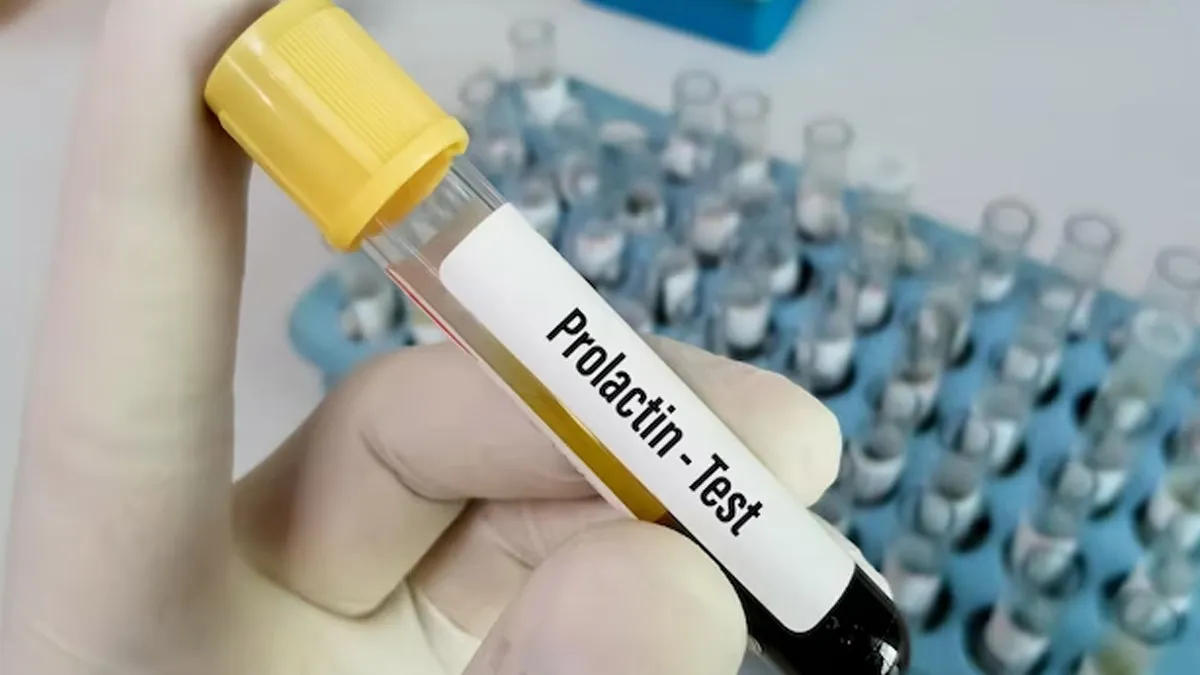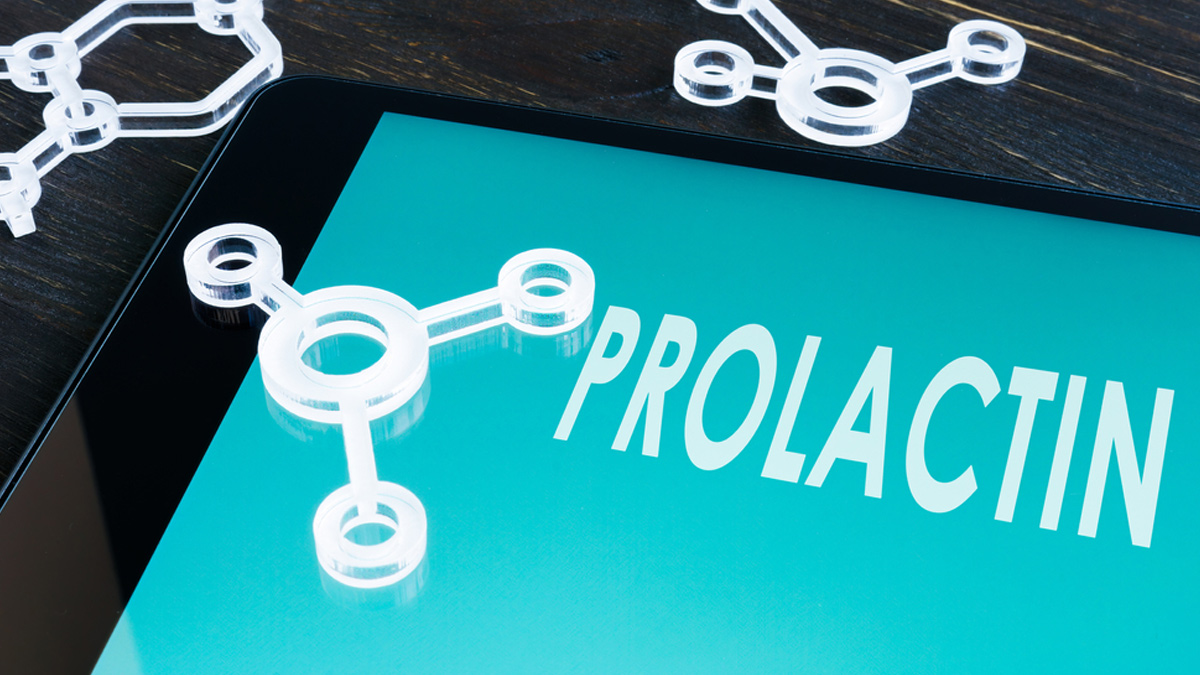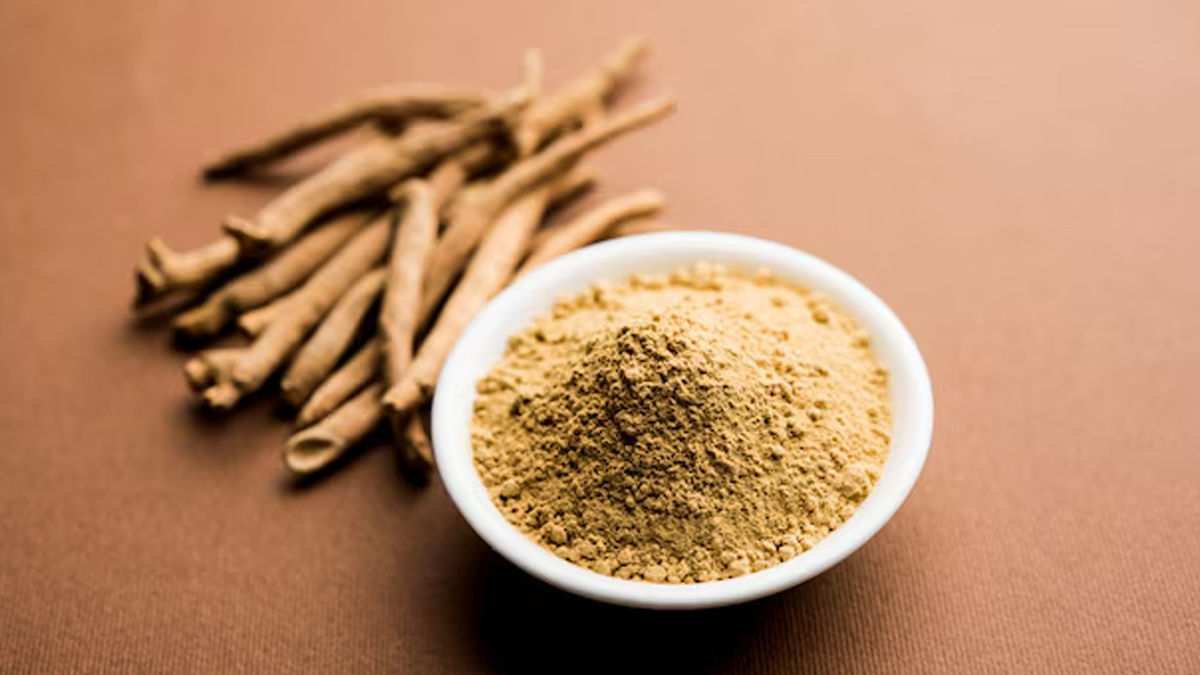
Prolactin is a hormone we often associate with women, as it plays a key role in milk production. However, it’s just as important for men’s health, influencing everything from fertility to sexual drive. High prolactin levels in men, a condition known as hyperprolactinemia, can lead to various symptoms, including low libido, erectile dysfunction, infertility, and even mood changes. In this article, we explain how lifestyle changes, herbal supplements, and stress management can help men balance prolactin levels and improve their overall well-being.
Table of Content:-

According to a 2011 study, prolactin plays a crucial role in men's reproductive health and overall well-being. Identifying and treating elevated PRL levels can not only help address issues like infertility and hypogonadism but also positively impact the patient's metabolic health, including improving glycemic control and overall metabolic profile.
Natural Remedies to Help Balance Prolactin Levels
Herbal Supplements
Certain herbs are believed to help regulate prolactin levels by either inhibiting its production or supporting the pituitary gland’s overall health.

- Vitex (Chaste Tree Berry): Vitex is one of the most popular herbs for balancing hormones, particularly prolactin. According to a 2023 study, Vitex can help reduce prolactin levels by influencing dopamine receptors, which in turn regulate the release of prolactin. Dopamine plays a significant role in inhibiting prolactin secretion, and Vitex is thought to help stimulate dopamine production.
- Ashwagandha: An adaptogenic herb, ashwagandha is known to reduce stress and regulate hormone production. Chronic stress is a common cause of elevated prolactin levels, and ashwagandha can help reduce cortisol levels, which, in turn, may help balance prolactin.
Also Read: Did You Know Irregular Or Absent Periods Can Indicate High Prolactin Levels? Here’s What It Is
Stress Management

A study published in Psychoneuroendocrinology found that acute psychosocial stress leads to increased prolactin levels, with significant individual variation in the magnitude of the response. Therefore, managing stress is one of the most effective natural ways to lower prolactin levels. Some stress-relieving practices include:
- Mindfulness Meditation: Practicing mindfulness or meditation can help reduce cortisol levels and improve mental clarity. Regular meditation has been shown to lower prolactin levels in both men and women.
- Yoga: Yoga is another great way to reduce stress and improve hormonal balance. Certain yoga poses, such as those that focus on the thyroid and pituitary glands, may be particularly beneficial for prolactin regulation.
- Deep Breathing Exercises: Deep, slow breathing techniques can activate the parasympathetic nervous system, helping to reduce stress and lower cortisol levels, thereby potentially lowering prolactin levels.
Adequate Sleep
Getting enough high-quality sleep is vital for hormone regulation. Prolactin levels naturally rise while you sleep, but when you’re sleep-deprived or have irregular sleep patterns, your body struggles to regulate this hormone properly. If you’re dealing with elevated prolactin levels, aiming for 7-9 hours of quality sleep each night can make a big difference in restoring balance and supporting overall health.
Also Read: Even Men Have PMS Symptoms! Exploring The Irritable Male Syndrome (IMS)
Balanced Diet
A nutritious, balanced diet can also contribute to the regulation of prolactin levels. Here are some nutrients that play a key role in supporting hormonal balance.

- Zinc: It is an essential mineral that plays a crucial role in hormone production, including prolactin. Zinc deficiency can lead to higher prolactin levels. Foods rich in zinc, such as pumpkin seeds, chickpeas, cashews, and lean meats, can help maintain optimal hormone function.
- Vitamin B6: It is known to support dopamine production, which, as mentioned, helps regulate prolactin levels. Foods like turkey, potatoes, bananas, and fortified cereals are excellent sources of vitamin B6.
- Healthy Fats: Omega-3 fatty acids and monounsaturated fats, found in foods, such as fatty fish, nuts, and olive oil, are crucial for hormonal health and may help balance prolactin levels.
Regular Exercise
Regular physical activity has many benefits for hormone regulation, including supporting the pituitary gland and helping balance prolactin levels. Exercise, especially strength training and high-intensity interval training (HIIT), has been shown to reduce prolactin levels in some studies. It’s important to strike a balance, however, as excessive exercise or overtraining can have the opposite effect and increase prolactin production.
[Disclaimer: This article contains for informational purposes only, hence, we advise you to consult your professional if you are dealing with any health issues to avoid complications.]
Also watch this video
How we keep this article up to date:
We work with experts and keep a close eye on the latest in health and wellness. Whenever there is a new research or helpful information, we update our articles with accurate and useful advice.
Current Version